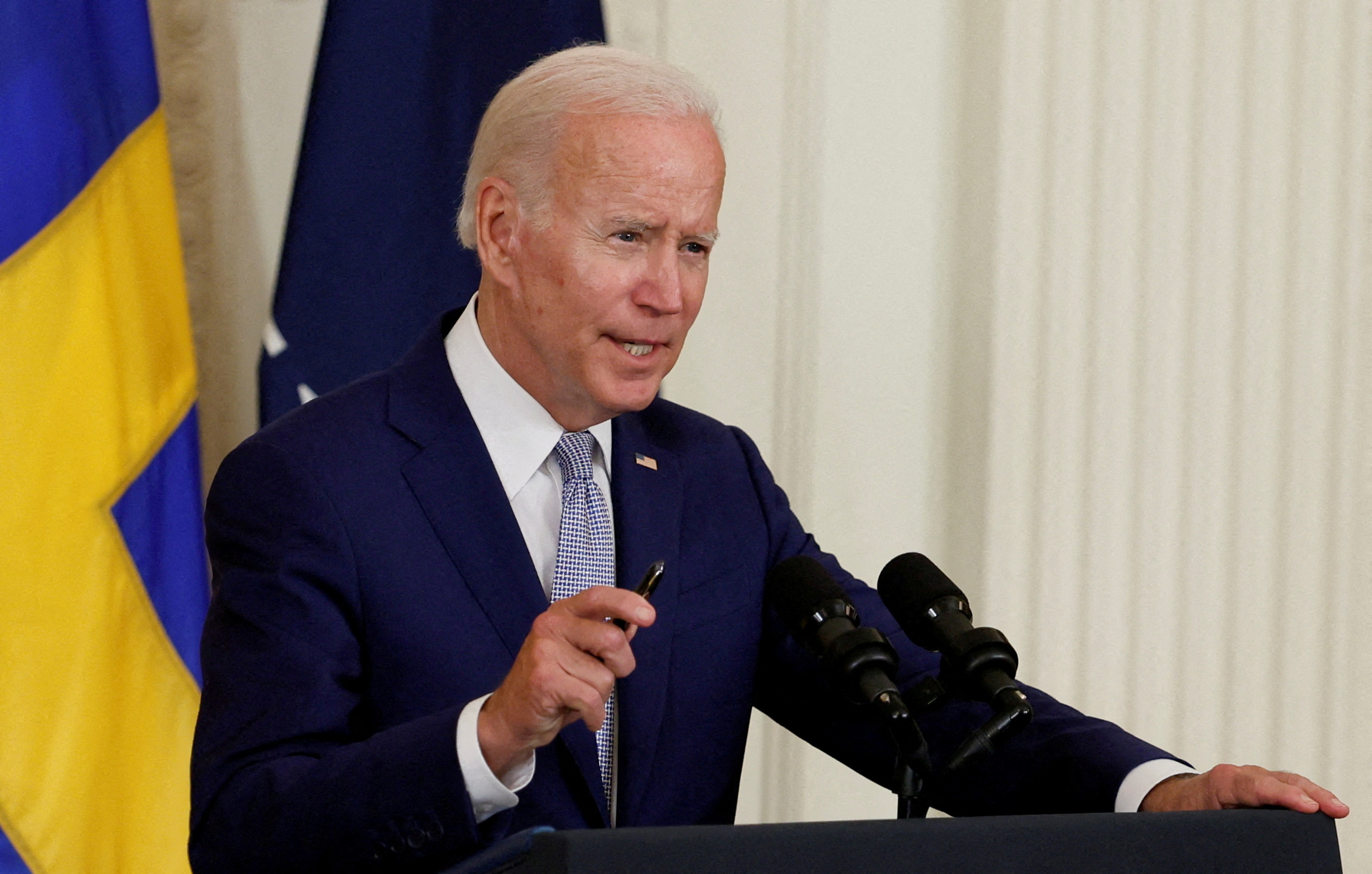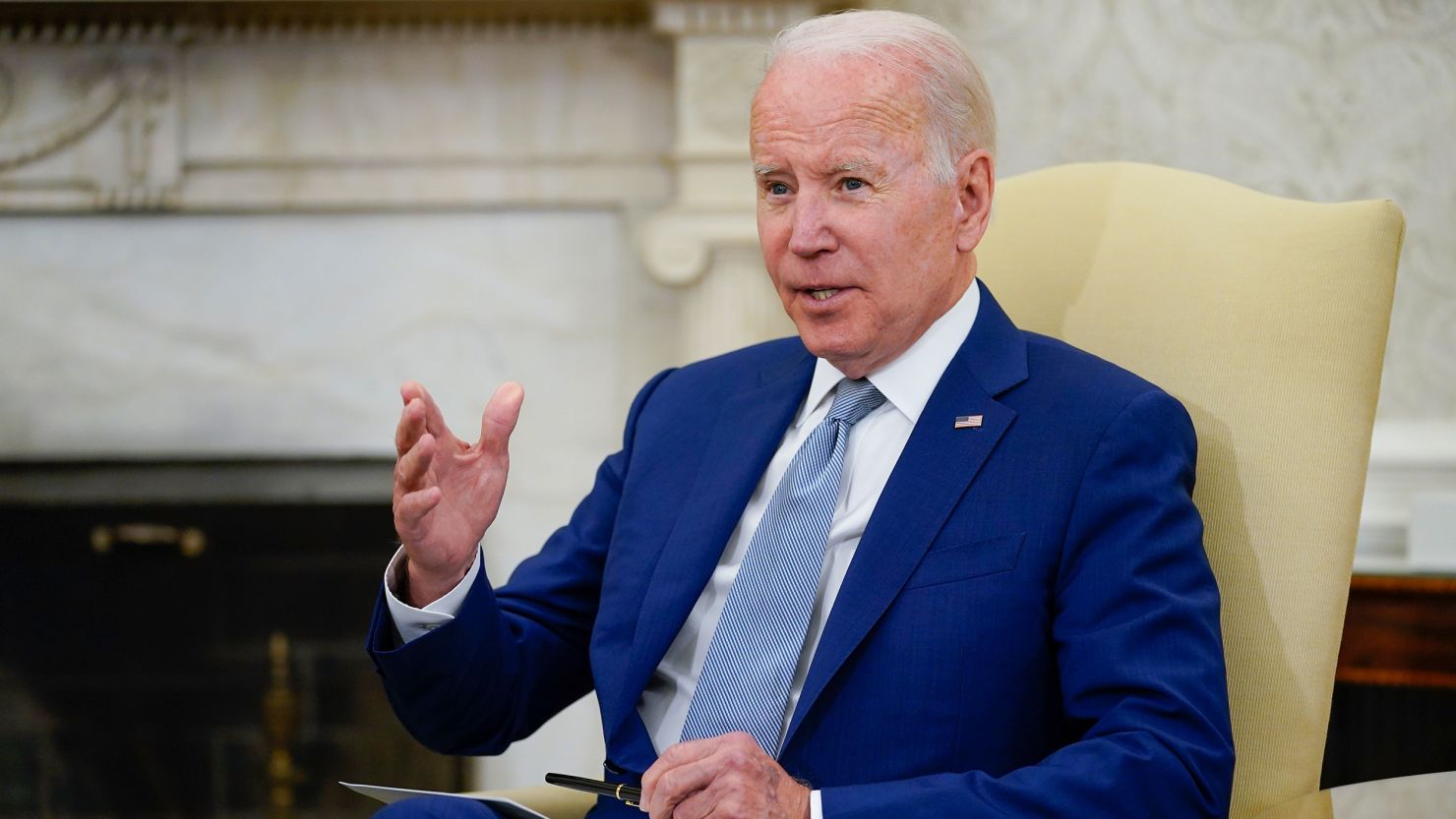President Biden has issued a groundbreaking directive that could change how the United States provides military aid to countries like Israel. This directive aims to ensure that such aid is not used in ways that harm civilians during conflicts. It’s a big shift in approach, with Democratic senators praising the move as historic.

Biden’s Directive Ties Human Rights Conditions to US Military Aid, Eases Democratic Split Over Israel
New Directive: Tightening Oversight on US Military Aid to Israel and Ukraine
The directive requires countries receiving U.S. military aid, including Israel and Ukraine, to prove within 45 days that they’re using it in line with international humanitarian and human rights laws. Failure to provide these assurances could result in the suspension of US military aid. The goal is to hold governments accountable for their actions in armed conflicts, with regular reports on compliance expected.
While some defensive equipment is exempt, the directive is seen as a significant step towards preventing misuse of U.S. military assistance. However, administrations do have the option to waive these requirements in rare circumstances. The Biden administration’s decision to rush military aid to Israel during its conflict with Hamas in Gaza drew criticism, but this new directive could change how aid is provided in the future.
READ ALSO: Army Cancels FARA Helicopter Program, Shifts Focus To Unmanned Systems
Amid Civilian Concerns, Biden’s Military Aid Transparency Drive Marks Policy Shift
The move comes amid concerns about civilian casualties in conflicts involving U.S. allies like Israel. The administration’s push for greater transparency in military aid is seen as a positive step, but there are doubts about whether existing laws on human rights abuses will be effectively enforced. Democratic senators are committed to strengthening oversight and potentially codifying these measures into law to prevent future administrations from ignoring them.
Overall, President Biden’s directive represents a significant shift in U.S. policy towards military aid, aiming to ensure that it aligns with American values and standards. It’s a move towards greater accountability and transparency in how the US supports its allies during conflicts, particularly when civilian lives are at stake.
READ ALSO: Storm Near San Diego Claims Five U.S. Marines In CH-53E Super Stallion Helicopter Crash: Tragic Loss Confirmed

















































